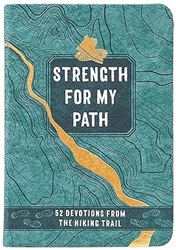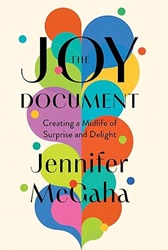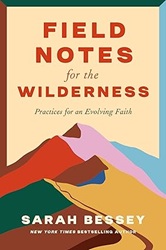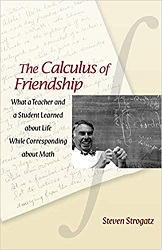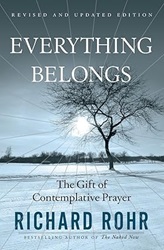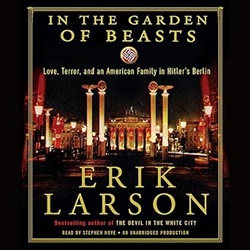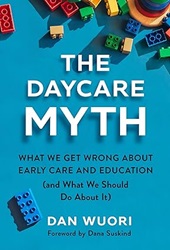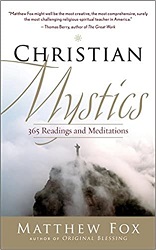Review of Strength for My Path, by Maureen E. Wise
52 Devotions from the Hiking Trail
by Maureen E. Wise
BroadStreet, 2024. 176 pages.
Review written March 24, 2025, from my own copy, purchased via Amazon.com.
Starred Review
Full disclosure: Maureen Wise introduced herself to me online after finding my Sondermusings Substack and Sonderjourneys blog, saying we seem to have a lot of views in common. I love finding kindred spirits online! Then she offered to introduce me to her agent – and her agent enthusiastically read the full manuscript of my Psalms book and told me she enjoyed reading it but couldn’t represent me because it was too similar to a book by one of her existing clients, and it wouldn’t be fair to her. But anyway, I’m always interested in books by kindred spirits – so I’d already ordered myself a copy of this book, and yes, was predisposed to like it. But liking it is not at all a stretch.
It’s a book of devotions – so it’s an encouraging way to start your morning – and they all relate to hiking in some way. For example, “The Washed-Out Path” is about how Jesus is with us when our life feels in need of repair. “An Unexpected Storm on the Trail” encourages you to think about God’s perspective when your plans go awry. “What God Sees in Canal Paths” talks about how old abandoned canal paths have been turned into hiking trails – and God recognizes that we are valuable and worthy of care and protection. “Not Only the Destination But Also the Journey” has a rather obvious life application beyond enjoying your hike not just for the panoramic vista at the end.
Every devotion takes up two small pages, followed by a page with a prayer and a “Nature Connection” – Background facts about the topic of the day – and super interesting wide-ranging tidbits are included here.
I have to also give a shout-out to the book’s design. It’s got a soft and flexible suede-like cover, a ribbon bookmark attached, and a small trim size that makes you want to tuck it in a backpack and bring it on a hiking journey. I am a hiking dabbler – I love hiking, but prefer day trips so short that I can carry everything I need in my pockets. I do look for short hikes when I go on vacation, and this book got me wanting to hit the trail.
And of course the highlight is the devotions. I enjoyed this daily reminder to connect with nature – and to connect what I see in nature with God. To give you a taste, here’s a bit from the first devotion, “Jesus Valued Time in Nature”:
Follow Jesus’ lead and pray in wild places too. We don’t have to meet God only in set-aside places such as churches, Bible study meetings, Sunday school, and prayer rooms. While these places and times are sacred and important, we can connect with God anywhere. He is everywhere, after all. By intentionally choosing outdoor spaces to pray and be with God, we can also connect with creation and reflect on faith topics in a different way. Away from distractions and our human-made structures, immersed in the beauty of creation, we can find a deeper intimacy with the Creator.
And this book made me want to go out and do just that.
Find this review on Sonderbooks at: www.sonderbooks.com/Nonfiction/strength_for_my_path.html
Disclosure: I am an Amazon Affiliate, and will earn a small percentage if you order a book on Amazon after clicking through from my site.
Disclaimer: I am a professional librarian, but the views expressed are solely my own, and in no way represent the official views of my employer or of any committee or group of which I am part.
What did you think of this book?
